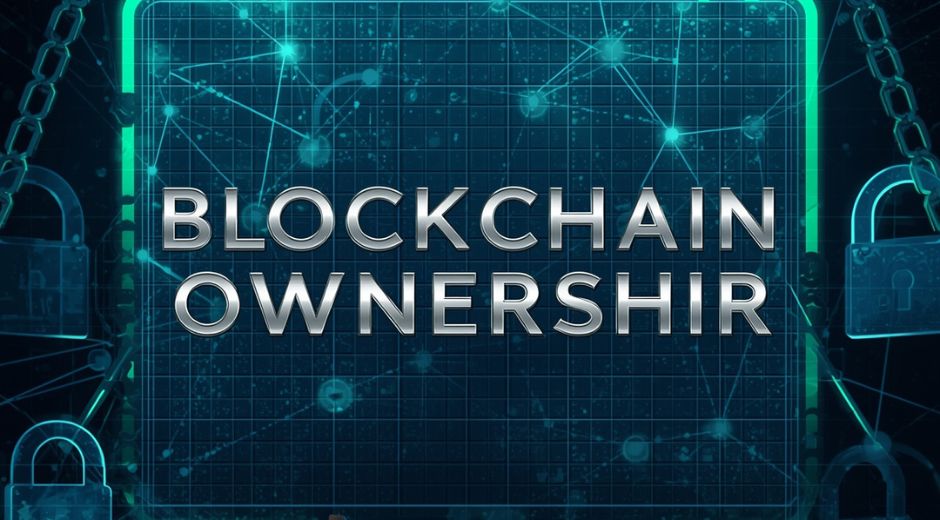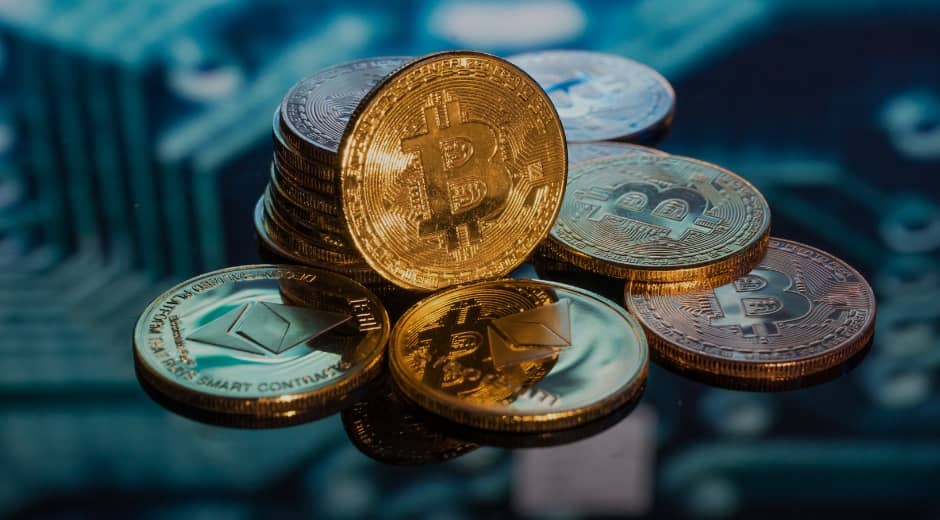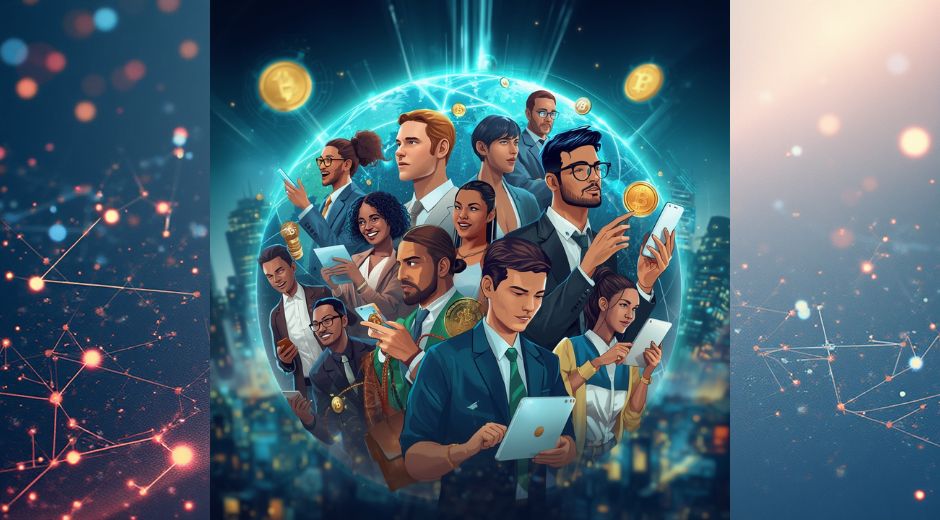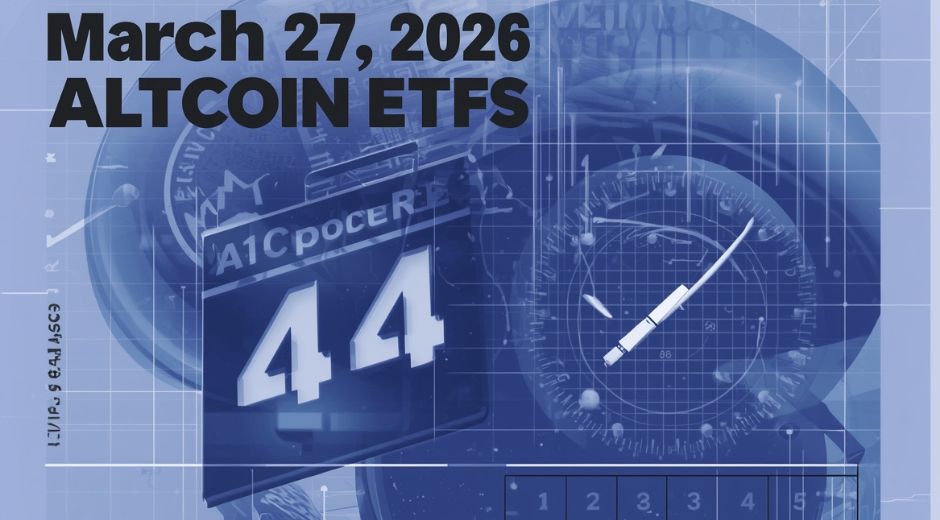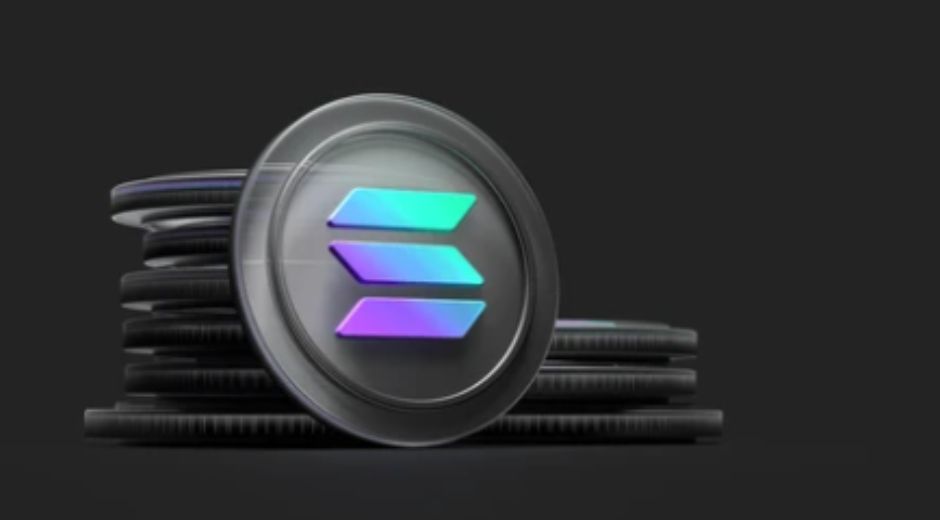The Trust Shift: How Blockchain Is Redefining Ownership Online
The internet has revolutionized how we communicate, shop, and create. Yet, for all its benefits, the digital world has long suffered from a lack of transparency, trust, and verifiable ownership. Enter Blockchain — a technology that promises to transform the way we think about ownership, authenticity, and control online.
From digital art and virtual real estate to secure identities and decentralized finance, Blockchain is reshaping industries, empowering individuals, and redefining trust in the digital age. This article explores the principles of blockchain, its impact on ownership, and the transformative opportunities it presents for the modern internet.
1. Understanding Blockchain: More Than Just Cryptocurrency
Many associate Blockchain solely with Bitcoin and other cryptocurrencies. While it powers digital currencies, its potential goes far beyond financial transactions.
At its core, Blockchain is a decentralized ledger:
-
Transparency: Every transaction is recorded in a way that’s visible to all participants.
-
Security: Advanced cryptography ensures that data cannot be tampered with or altered retroactively.
-
Decentralization: No single entity controls the network, reducing the risk of fraud and corruption.
These characteristics make Blockchain ideal for establishing verifiable ownership of digital assets — a challenge that has plagued the internet since its inception.
2. The Digital Ownership Problem
Traditional digital platforms, like social media or cloud services, offer convenience but limited ownership:
-
Content you create is stored on centralized servers you don’t control.
-
Digital items can be copied endlessly, making “ownership” ambiguous.
-
Platforms can remove content, revoke access, or change rules without consent.
The lack of verifiable ownership undermines creativity, trust, and fair compensation — problems that Blockchain directly addresses.
3. NFTs and the Proof of Ownership Revolution
Non-Fungible Tokens (NFTs) are among the most visible applications of Blockchain in redefining ownership online:
-
Unique Digital Assets: NFTs assign a unique token to a digital file, establishing verifiable ownership.
-
Smart Contracts: Automated contracts ensure creators receive royalties every time the asset is resold.
-
Digital Provenance: Collectors can trace the history of ownership, adding value and authenticity.
Art, music, virtual real estate, and even tweets are now tradeable assets because Blockchain guarantees authenticity and traceability.
4. Decentralized Finance (DeFi) and Asset Control
Blockchain also transforms financial ownership online:
-
Direct Control: Users manage their assets without intermediaries like banks.
-
Programmable Money: Smart contracts automate lending, borrowing, and investment processes.
-
Global Accessibility: Anyone with an internet connection can participate, democratizing financial access.
By leveraging Blockchain, DeFi gives users true ownership of their money and digital investments, creating a new paradigm of financial trust.
5. Digital Identity and Data Ownership
One of the most profound impacts of Blockchain lies in digital identity:
-
Self-Sovereign Identity: Users control who can access their personal information.
-
Privacy Protection: Blockchain encryption protects sensitive data while enabling verification.
-
Cross-Platform Portability: Credentials can be used across multiple platforms without repeated verification.
In this way, Blockchain empowers individuals to own their digital identity rather than surrendering control to centralized platforms.
6. Gaming and Virtual Worlds: Ownership in the Metaverse
The gaming industry is an early adopter of Blockchain to ensure digital ownership:
-
In-Game Assets: Players truly own weapons, skins, and virtual land as NFTs.
-
Interoperability: Assets can move between games or platforms, creating a unified virtual economy.
-
Monetization: Players can sell or trade assets, earning real-world value for digital effort.
This creates a sense of permanence and legitimacy, turning virtual accomplishments into tangible value.
7. Intellectual Property and Creative Industries
Creators across industries benefit from Blockchain in asserting ownership:
-
Music and Media: Artists receive royalties automatically when content is used or resold.
-
Publishing: Writers and journalists can track their work and prevent unauthorized reproduction.
-
Design and Innovation: Patents and creative designs can be registered and timestamped on a blockchain, ensuring authenticity.
By integrating Blockchain into creative workflows, ownership becomes transparent, enforceable, and economically meaningful.
8. Supply Chain Transparency and Ownership of Goods
Ownership is not just about digital assets. Blockchain enables verifiable tracking of physical goods:
-
Provenance Verification: From diamonds to luxury goods, buyers can confirm origin and authenticity.
-
Reduced Fraud: Immutable records prevent counterfeit products from entering markets.
-
Ethical Sourcing: Companies can demonstrate responsible sourcing to consumers.
In these cases, Blockchain transforms traditional ownership and accountability, creating trust across global supply chains.
9. Challenges in Blockchain Ownership
Despite its promise, Blockchain faces challenges:
-
Energy Consumption: Some blockchain networks, like Bitcoin, require significant electricity.
-
Regulatory Uncertainty: Governments are still defining rules around ownership, taxation, and legality.
-
User Education: Many users lack awareness or understanding of private keys and wallets, critical for true ownership.
Overcoming these challenges will determine how widely Blockchain can redefine ownership online.
10. The Future of Ownership Online
Looking ahead, Blockchain may transform virtually every aspect of online interaction:
-
Decentralized Social Media: Users control their content, followers, and data monetization.
-
Virtual Real Estate: Entire metaverses may be governed by blockchain-powered ownership and governance systems.
-
Collaborative Projects: Crowdsourced initiatives can distribute ownership and profits fairly using smart contracts.
The shift from centralized control to individual ownership will redefine how value, trust, and authority operate online.
11. Conclusion: Embracing the Trust Shift
Blockchain is more than a technological innovation; it is a philosophical shift. By establishing verifiable ownership, decentralizing control, and enabling transparent transactions, it empowers individuals in ways the internet previously could not.
The trust shift is already underway, transforming finance, art, identity, gaming, and commerce. As adoption grows, ownership online will become more secure, transparent, and equitable — ushering in a new era of digital freedom.
For further insights on digital trends and blockchain applications, visit Financeworldhub.com
-
Blockchain news and insights: CoinDesk.com
Education Made Simple

Recession Signals Investors Should Never Ignore
Recession Signals Investors Should Never Ignore

What Stock Rotation Tells Us About the Next Bull Run
What Stock Rotation Tells Us About the Next Bull Run

How Market Cycles Shape Smart Investment Decisions
How Market Cycles Shape Smart Investment Decisions

Long Term Market Forces Driving Global Finance
Long Term Market Forces Driving Global Finance

Cross Market Dynamics Between Assets And Regions
Cross Market Dynamics Between Assets And Regions

Global Financial Shifts Reshaping Investment Strategies
Global Financial Shifts Reshaping Investment Strategies

Market Confidence Signals In Volatile Periods
Market Confidence Signals In Volatile Periods

Macro Financial Pressures Affecting Capital Markets
Macro Financial Pressures Affecting Capital Markets
